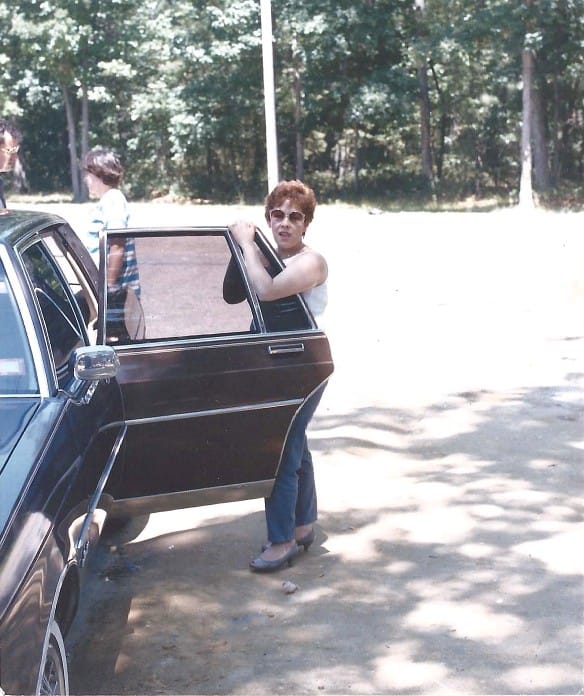Rompiendo Silencios: A Community-Driven Approach to Archiving and Reclaiming Suburban Histories
May 27, 2025

This summer, as a ERI/PS2 Summer Fellow, I collaborated with students to analyze the oral histories we collected. We organized the narratives into themes like immigration, matriarchal figures, and community efforts. We’ve started depositing the oral histories, transcripts, and photos into a public digital archive. Our goal is to make this accessible and collaborative for the community. We want to empower community members to engage with and contribute to the project, fostering their historical agency. This will let the Latinx community shape the historical record and reclaim ownership of the narratives defining their experiences. By involving the community in curating and preserving their own histories, we aim to amplify marginalized voices, challenge dominant narratives, and cultivate deeper understanding of suburban diversity. You can view our progress here: https://aquiestamos.newmedialab.cuny.edu/
Historical narratives profoundly shape our present, yet traditional archival practices have marginalized communities by excluding them from both the archives and the process of constructing history (Caswell, 2021). When historically marginalized communities are empowered to shape their own narratives and determine their legacy, transformative possibilities emerge. How can we create opportunities for these communities to develop historical agency and co-construct community histories?
As a scholar-activist, I strive to elevate and reshape Latinx narratives in the suburbs. Suburbs are often depicted as white and middle-class, causing researchers to overlook the challenges faced by diverse communities there, even as their numbers grow. This erasure sustains harmful stereotypes and hinders a nuanced understanding of suburban life. My experience growing up as a first-generation Latine youth in a segregated suburb, and later teaching in the community, inspired me to lead a community-driven archival project in my hometown.
As I interacted with the local archives, I found that they lacked records about the experiences and history of the Latinx community, even though they are the largest group in the area. I thought about the many individuals who had contributed to the community yet risked being forgotten. So, I invited my high school students to create a counter-archive that focused on the lived experiences of the Latinx community in our hometown. The students gathered oral histories and photographs from local Latinx residents in Spanish, capturing “papelitos guardados” (Delgado-Bernal, 2012) and turning them into counter-narratives that showed personal, political, and social realities. These Latinx counter-narratives revealed a hidden story of discrimination, cultural resilience, and community-building within a changing suburban landscape.
Author

Michelle Rendón Ochoa
PS2 Public Research Fellow
Michelle Rendón Ochoa (she/her/ella) is a first-generation Colombian American educator and Ph.D. student in Urban Education at the Graduate Center, CUNY. As a scholar-activist, she is on a mission to blend community-based research, arts-based methods, and the co-creation of digital archives with youth in her community. Her commitment extends to preserving and reshaping the counternarratives of the Latine community in suburban Long Island, a vital endeavor she aims to interweave into curricula.
